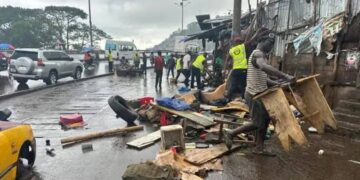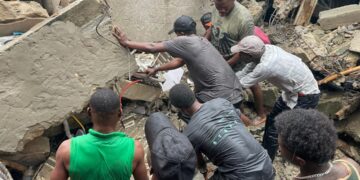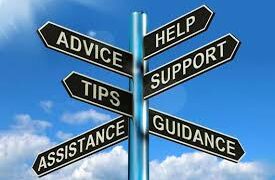Freetown is located on the coast where most of the land is hilly. The flatlands are so small that the hills have been deforested for unplanned houses. Several houses have been built along the gutter pathway, so water cannot flow from the mountains to downtown. In Freetown, some gutters are filled with garbage, making it hard for water to flow; this is why when it rains, the streets are filled with garbage. In the event of non-stop rainfall for 5 hours, some parts of the city are likely to flood.
During the rainy season, Freetown receives more rainfall than many other West African cities. July and August are the months with the most rainfall in Freetown. Hence, it is always good to take precautions. Here are some ideas:
-Check the house and the surroundings. Check your roof for leaks, check your gutters for free flow of water, check your sockets for leaks, check your walls for cracks, turn off appliances you are not using, and turn off switches you aren’t using. During this time, there may be power outages, trees falling on poles, cables cut, and poles falling, and it will take time for the electricity company to restore power. Make sure an alternative power source powers your phone, you need your phone to remain connected to stay in touch. Ensure your phones are charged, and you have enough top-up for communication. Make sure you have enough data to get the latest news. Find the emergency numbers for fire departments or disaster management agencies. Stay warm.
It’s best to remain at home if possible. Your meetings can be done online, for example via WhatsApp for family meetings. Meetings CAN be held online. If your job allows you to work virtually, please do so. If you must go out, gather as much information as possible before going out. The Weather authorities need to go beyond just reporting the weather, they need to get well-trained personnel with the right equipment AND safety gear to provide real-time flooding updates and driving guides. This is something I wanted To Do In partnership with The Disaster authorities. When that’s not available, stay tuned to your trusted WhatsApp groups and trusted WhatsApp sources since most of the news right now comes from citizen journalists.
A good umbrella might be expensive but it will withstand heavy rains and wind. A good raincoat is also a good option. Rubber shoes are always recommended, there are many options available in the market. You can get cold if you wear a wet shoe with wet socks. Get a rubber shoe that can handle water.
Check your vehicle’s windshield wipers, batteries, and brakes before you venture outside. When it rains heavily, park your vehicles and wait until the rain eases. You might not know which streets are flooding.
Stock essential food items; rice, maggie, butter, milk, sugar, etc. In families who cannot afford to stock other foods, Garrie can be a lifesaver. Garrie and milk with sugar can sustain emergencies. Make sure you drink fresh water or purify your water to avoid diarrhoea.
For outdoor exercise enthusiasts like us, I recommend doing virtual exercises online. Many tools exist today like WhatsApp Groups, Facebook Close or Open Groups, Instagram or TikTok.
I might have left out some important tips, but if there are any, please email me at: murtala@murtalamohamed.com.



































